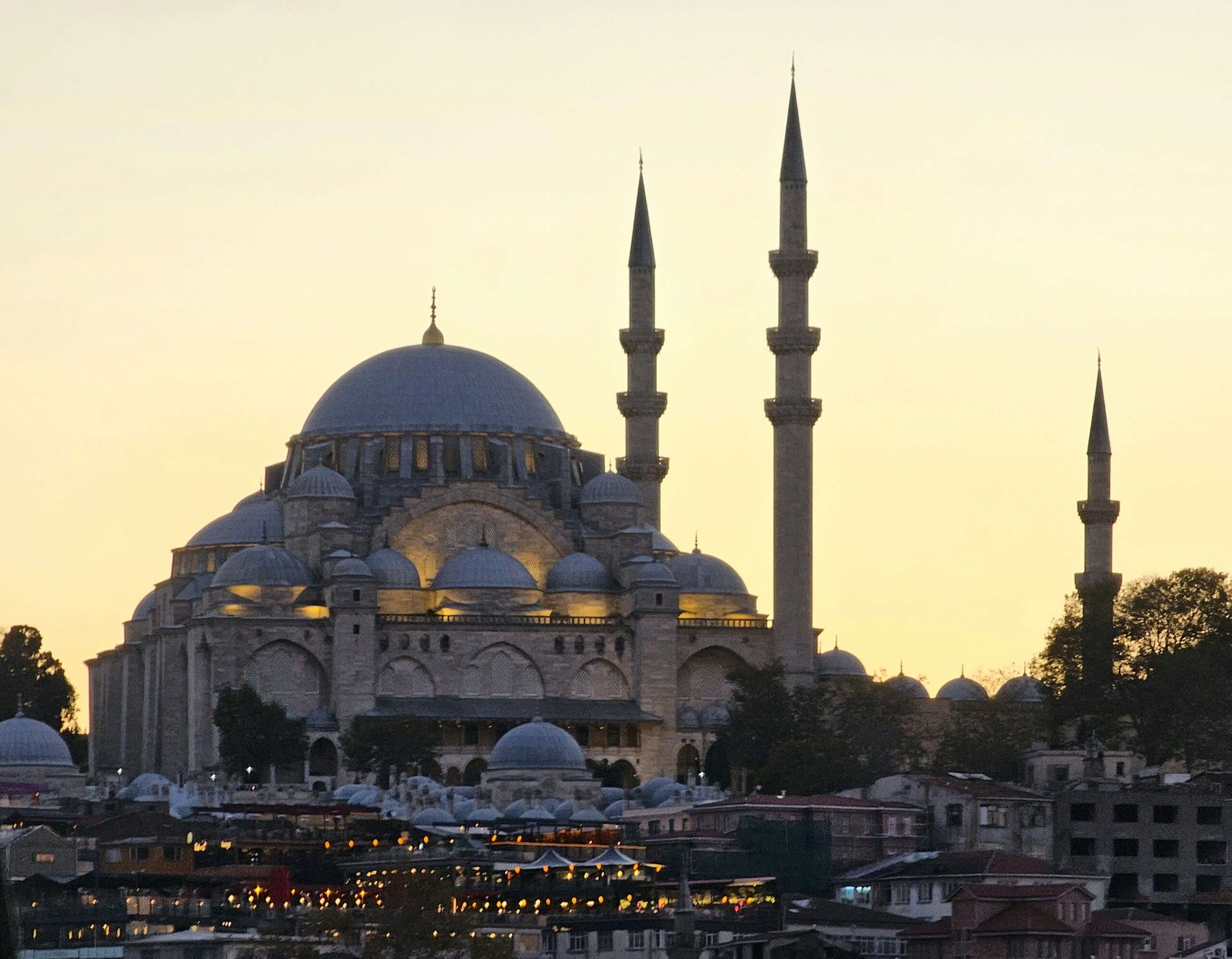
What is Zakat and Why Does It Matter?
Zakat, derived from the Arabic word meaning “to purify,” requires Muslims to donate a specific percentage of their accumulated wealth annually. Unlike voluntary charity (sadaqah), zakat is an obligatory act of worship that strengthens the bond between individuals and their faith while addressing societal inequalities.
The practice transforms personal wealth into a means of communal support, ensuring resources flow from those blessed with abundance to those facing hardship. This redistribution system has operated for over 1,400 years, demonstrating Islam’s commitment to economic justice and social responsibility.
Beyond its spiritual significance, zakat serves as an economic stabilizer that prevents excessive wealth concentration while providing a safety net for vulnerable populations. The system recognizes that wealth carries inherent social responsibilities, making financial success a trust rather than merely personal achievement.
Calculating Your Zakat Obligation
Nisab Threshold and Rates
Zakat becomes obligatory when wealth reaches the nisab threshold—equivalent to 85 grams of gold or 595 grams of silver. The standard rate is 2.5% of eligible assets held for one full lunar year.
Eligible Assets Include:
- Cash savings and bank deposits
- Gold and silver jewelry (above personal use amounts)
- Business inventory and investments
- Rental property income and profits
- Livestock including cattle, sheep, and camels (with specific calculations)
- Agricultural produce from irrigated and rain-fed lands
Personal items like primary residences, vehicles for personal use, essential household goods, and tools necessary for one’s profession are exempt from zakat calculations. Additionally, debts reduce the total wealth subject to zakat, ensuring the obligation considers net worth rather than gross assets.
Modern Zakat Distribution and Impact
Contemporary zakat distribution has evolved to address global humanitarian crises while maintaining traditional principles. Organizations specializing in islamic relief zakat have developed sophisticated systems to ensure donations reach eligible recipients efficiently and transparently.
These modern approaches combine traditional Islamic jurisprudence with contemporary humanitarian practices, enabling donors to fulfill their religious obligations while supporting comprehensive relief efforts worldwide. Digital platforms now facilitate easier calculation, collection, and distribution, making zakat more accessible to Muslims globally.
The Eight Categories of Zakat Recipients
Islamic law identifies eight specific categories of people eligible to receive zakat funds: the poor (fuqara), the needy (masakin), zakat administrators, those whose hearts are to be reconciled, those in bondage, debtors, those fighting in the cause of Allah, and travelers in need. This framework ensures systematic distribution while addressing various forms of hardship and social needs.
Modern interpretations have expanded these categories to include refugees, disaster victims, and communities affected by conflict or natural disasters, maintaining the spirit of zakat while addressing contemporary challenges.
Frequently Asked Questions
Q: Can I pay zakat monthly instead of annually? A: Yes, many Muslims prefer monthly payments for better budgeting, though the calculation should be based on annual wealth assessment.
Q: Is zakat tax-deductible in non-Muslim countries? A: This varies by jurisdiction. Consult local tax authorities or qualified advisors regarding charitable deduction eligibility.
Q: What happens if I miss paying zakat for previous years? A: Outstanding zakat remains a debt that should be calculated and paid as soon as possible, including amounts from previous years.
Q: Can zakat be given to non-Muslim recipients? A: Traditional Islamic jurisprudence specifies eight categories of eligible recipients, primarily Muslims, though some scholars allow exceptions in specific circumstances.
Q: How do I verify that my zakat reaches legitimate recipients? A: Choose reputable Islamic charities with transparent reporting, third-party audits, and clear accountability measures for fund distribution.
Conclusion
Zakat embodies Islam’s vision of a just society where wealth circulates to benefit all community members. By understanding proper calculation methods and partnering with trustworthy organizations, Muslims can fulfill this sacred obligation while contributing to meaningful global humanitarian efforts. This ancient practice remains remarkably relevant in addressing modern challenges of poverty, inequality, and social justice worldwide.
The beauty of zakat lies in its dual purpose: purifying the soul of the giver while providing tangible relief to those in need. As global economic disparities continue to widen, zakat offers a time-tested framework for wealth redistribution that promotes both spiritual growth and social harmony. Through consistent practice of this fundamental pillar, Muslim communities worldwide can work toward creating more equitable and compassionate societies.
